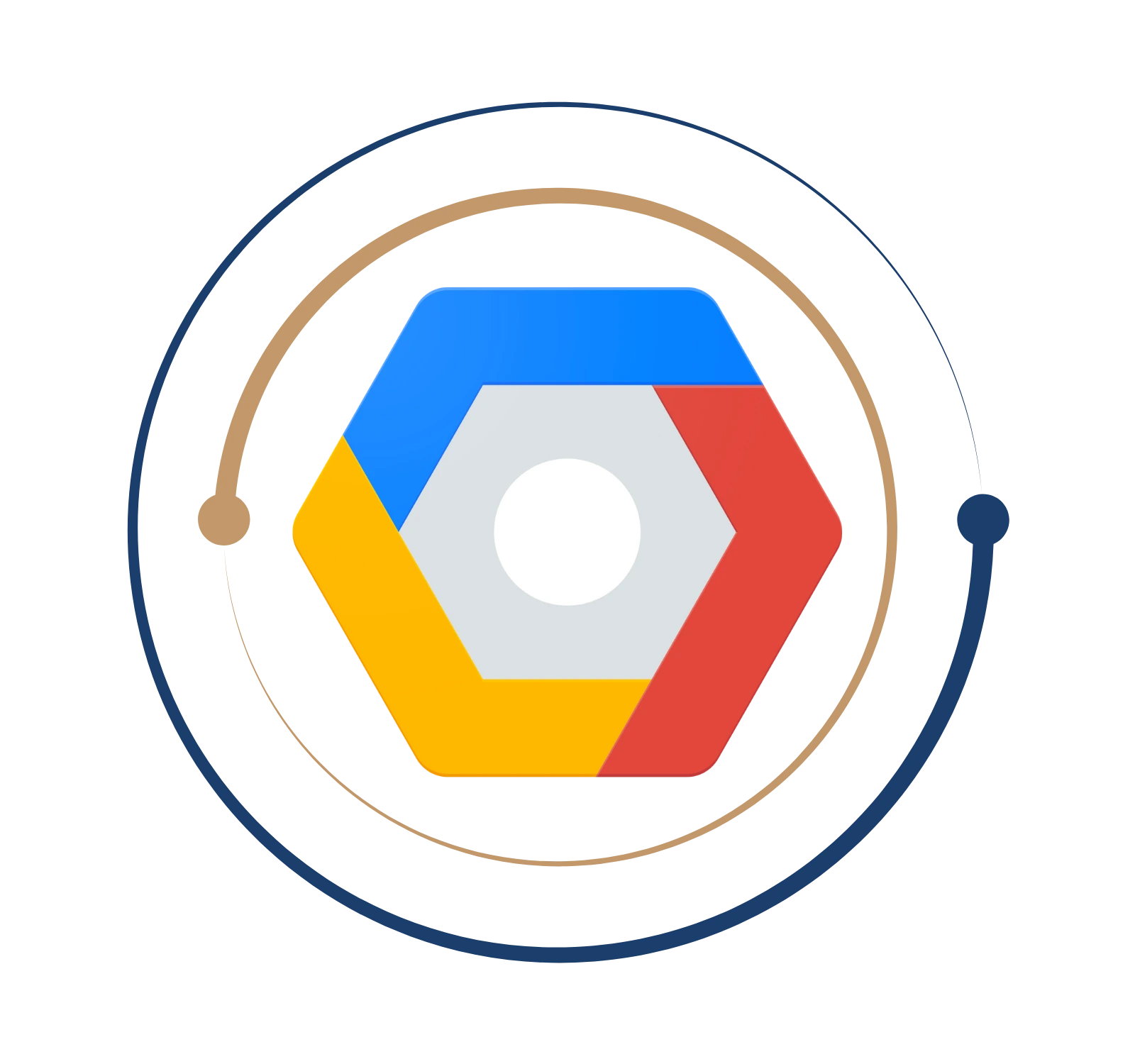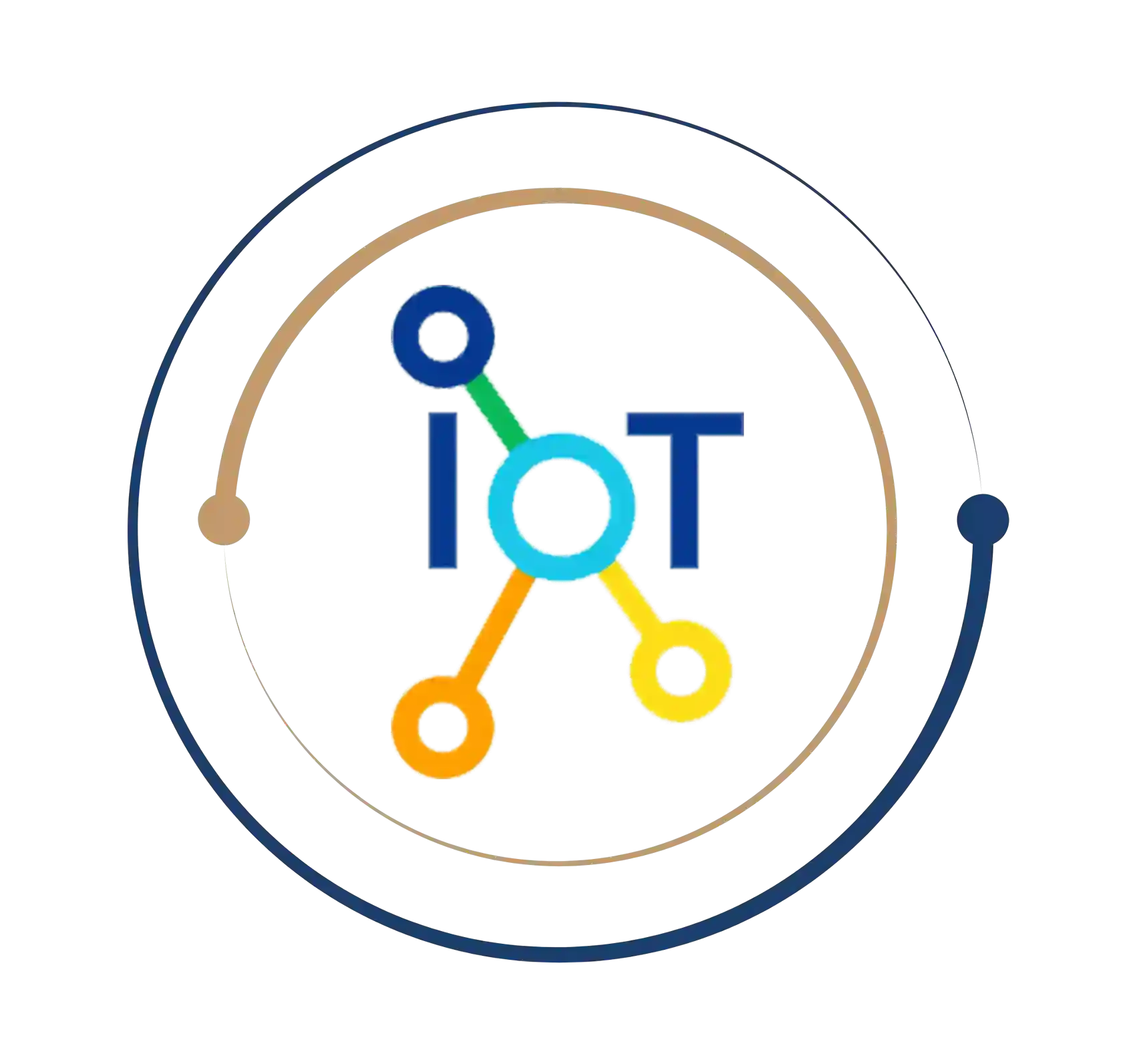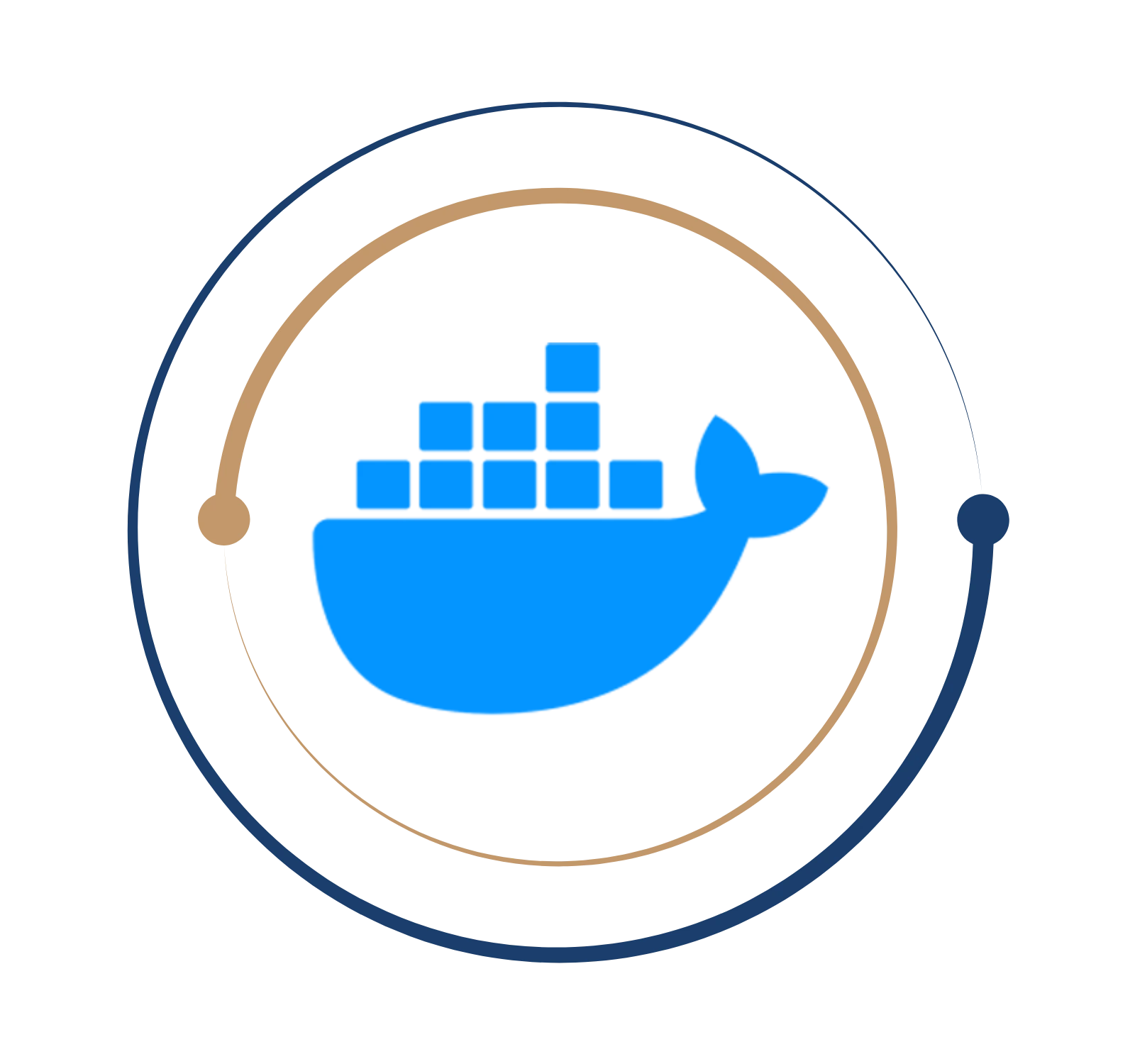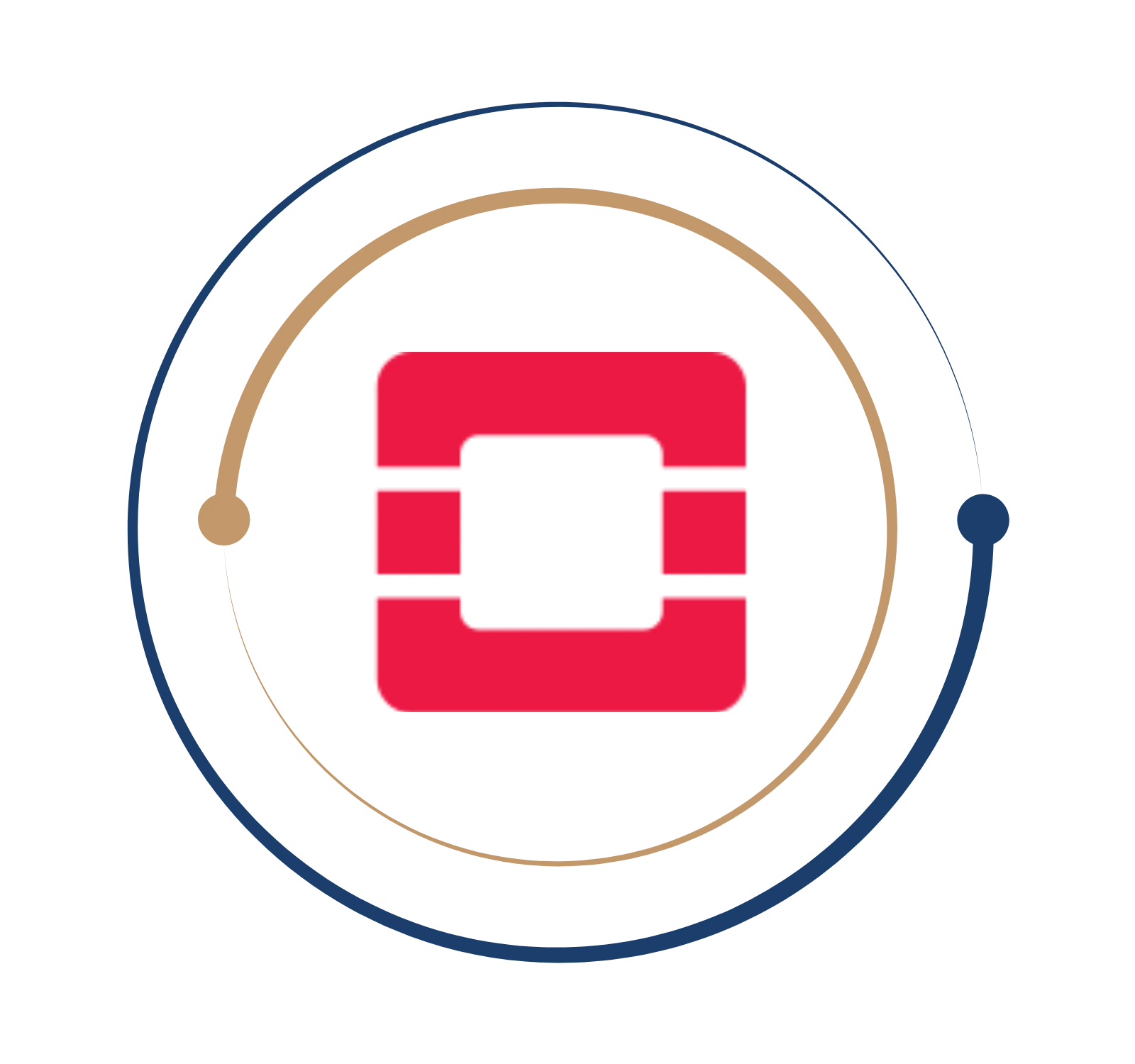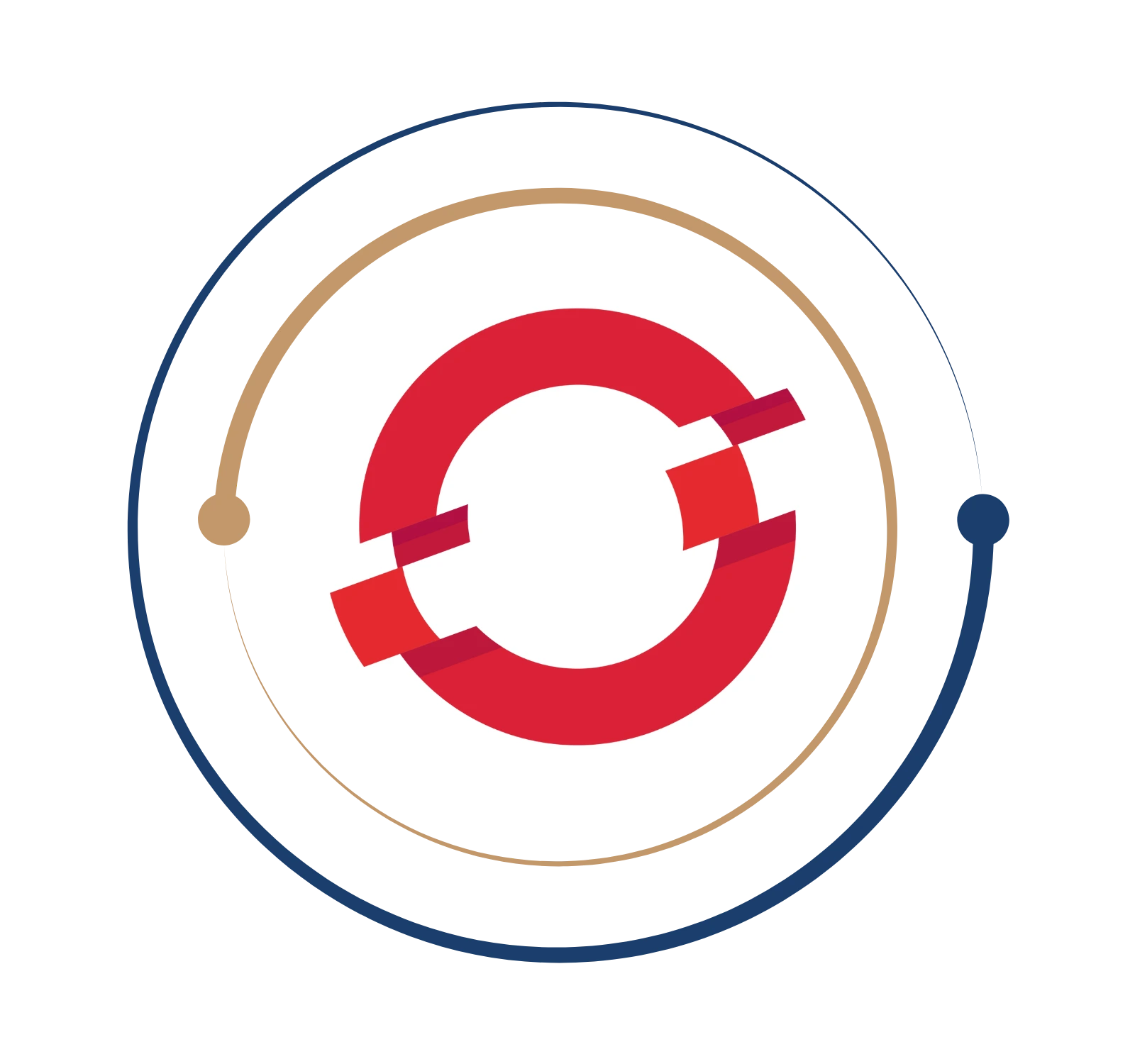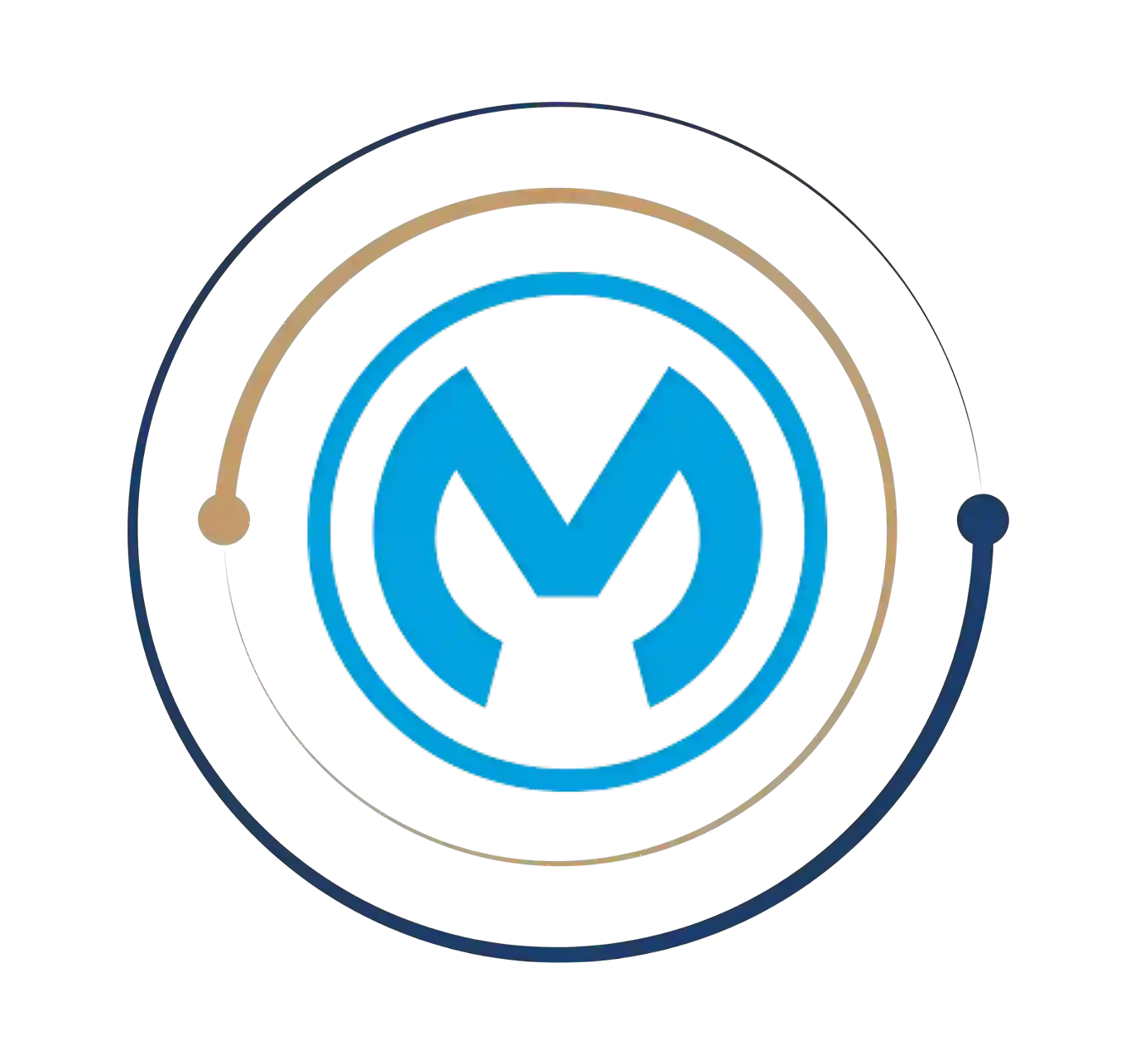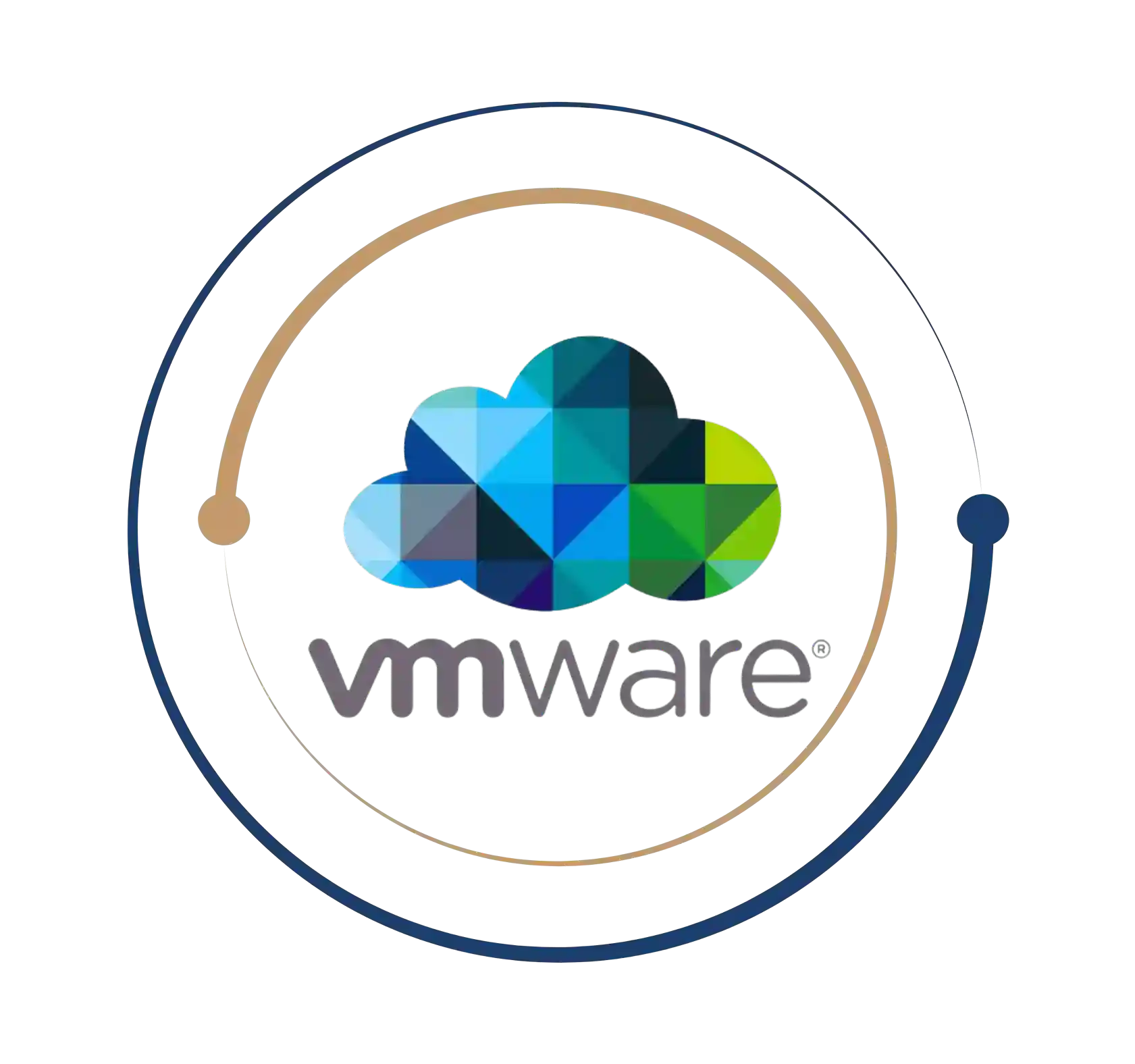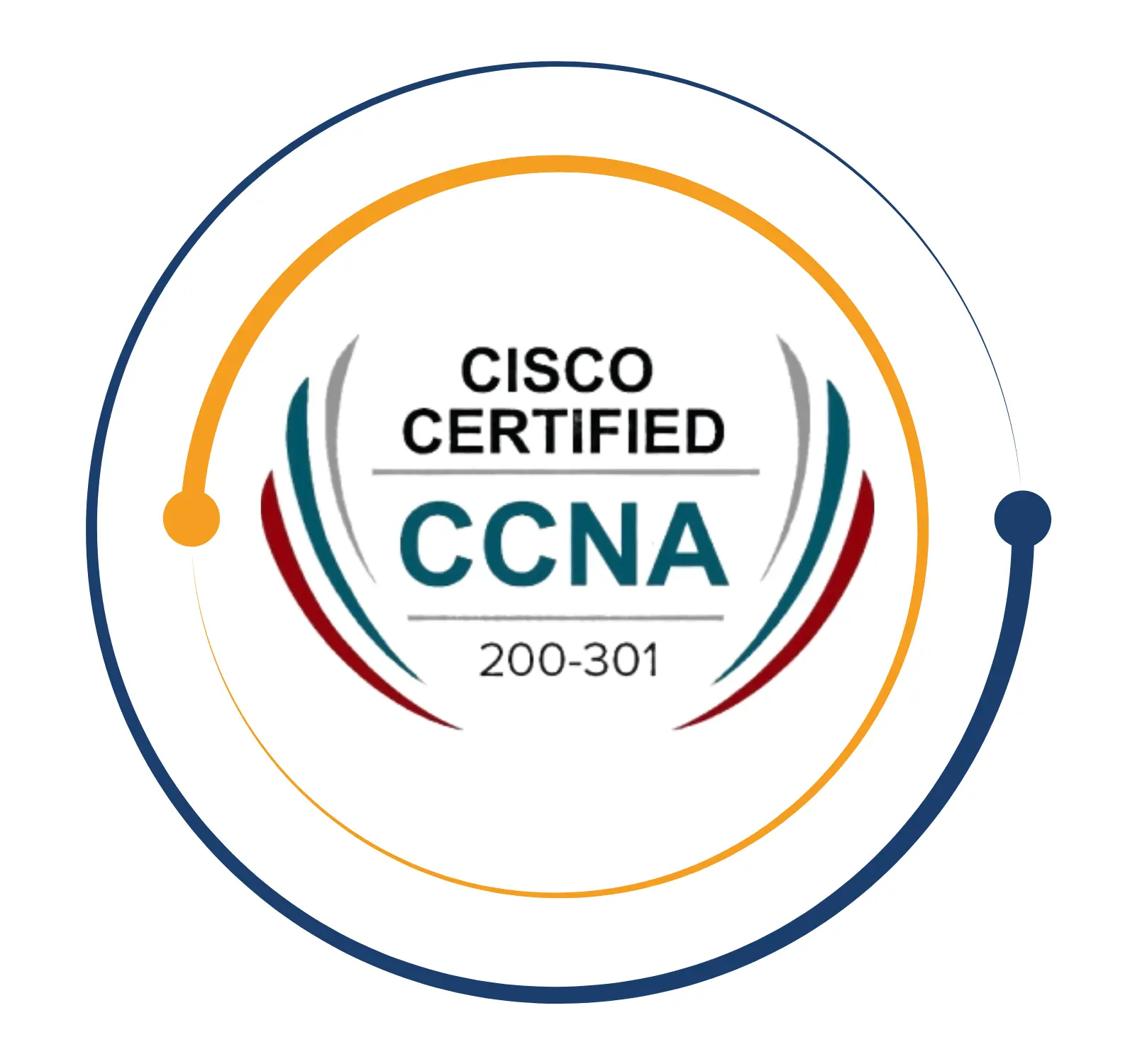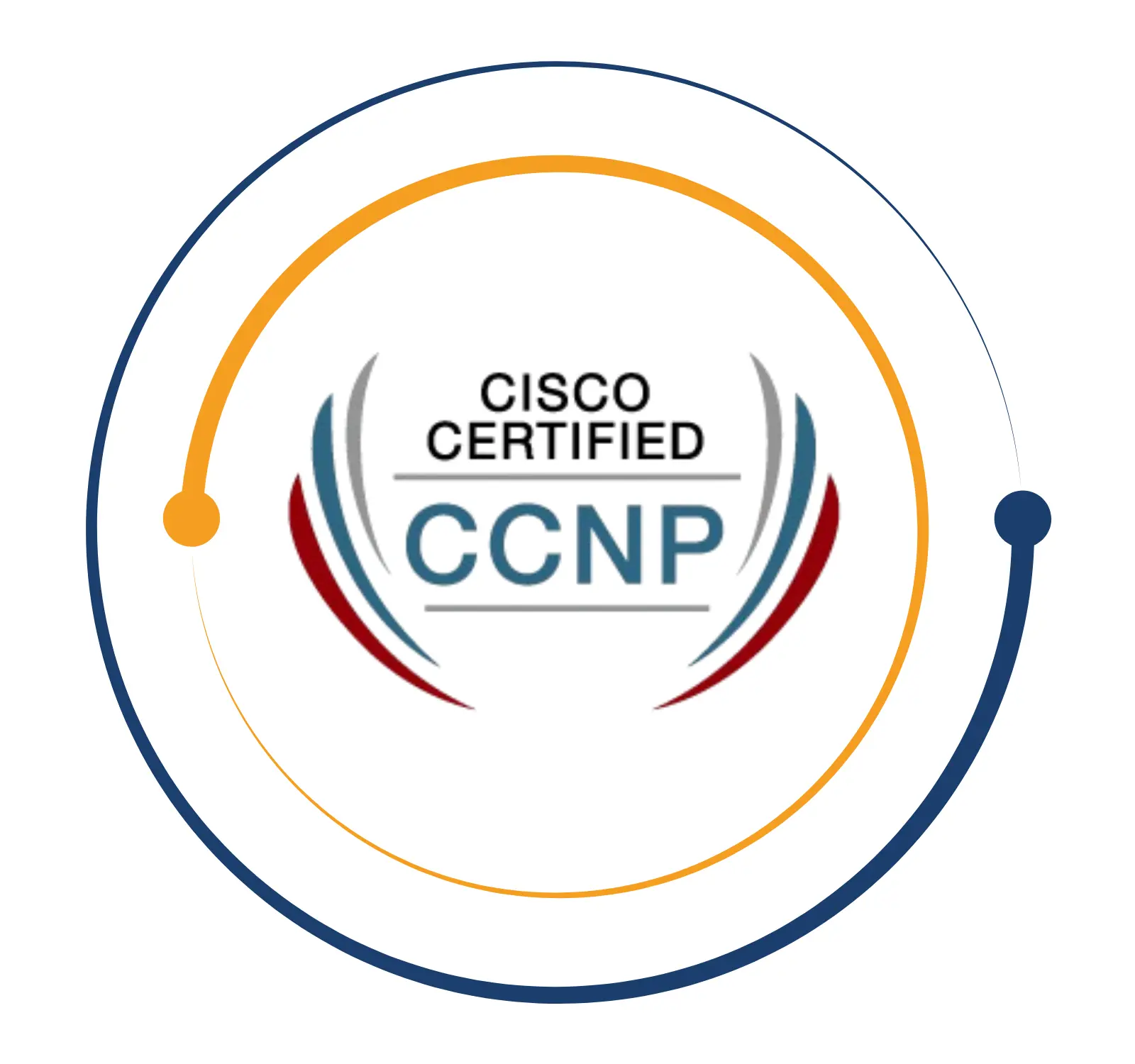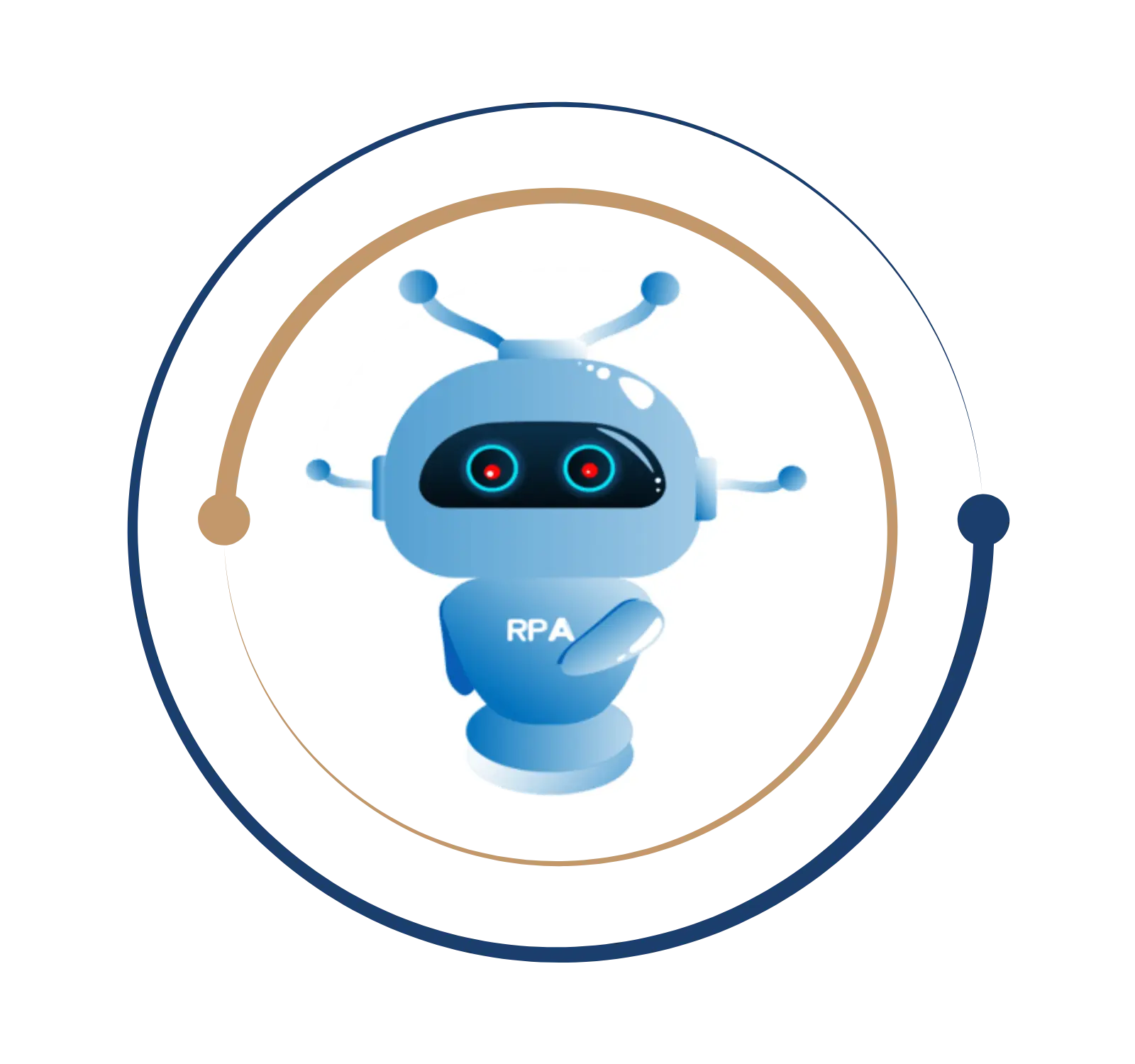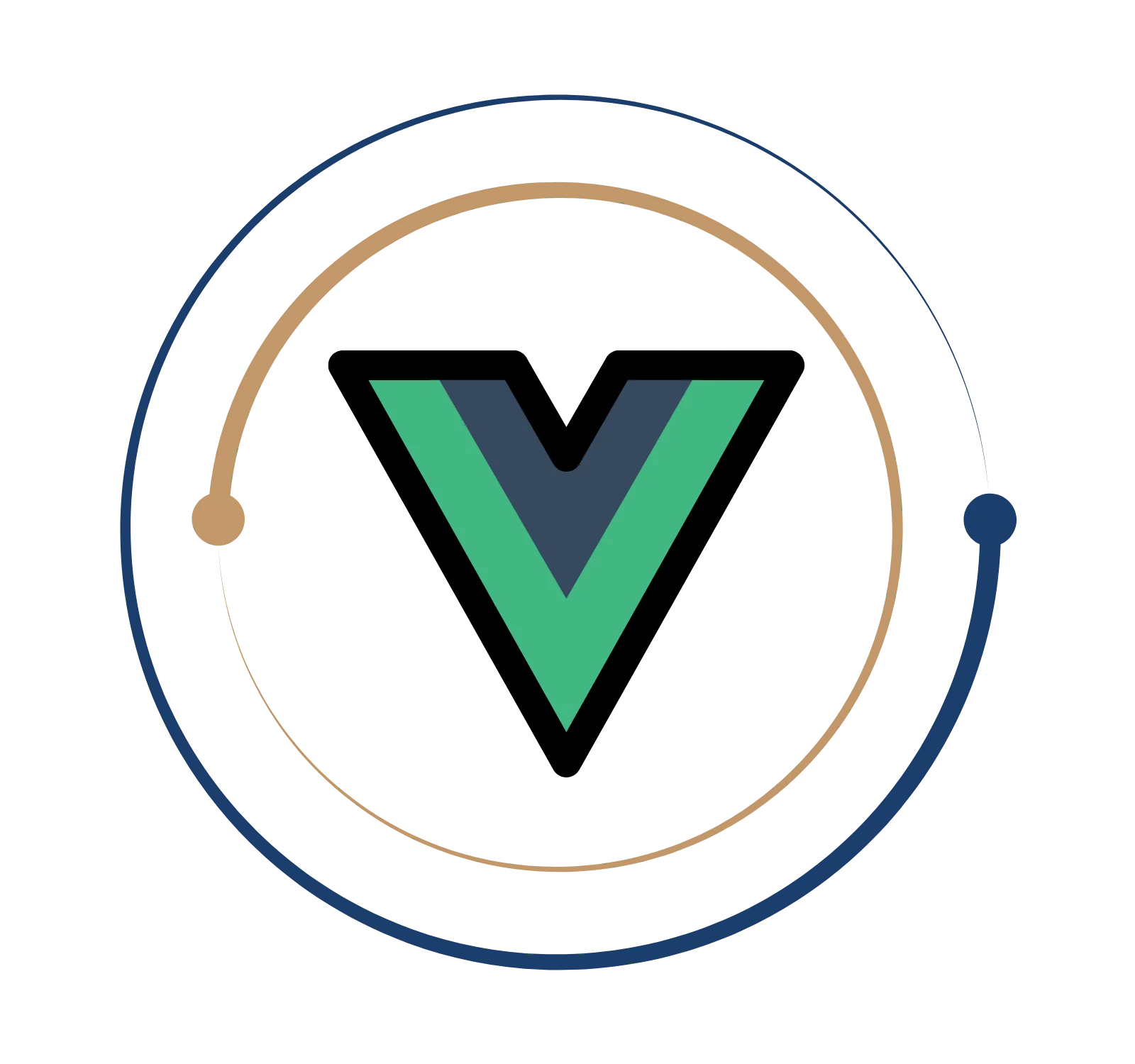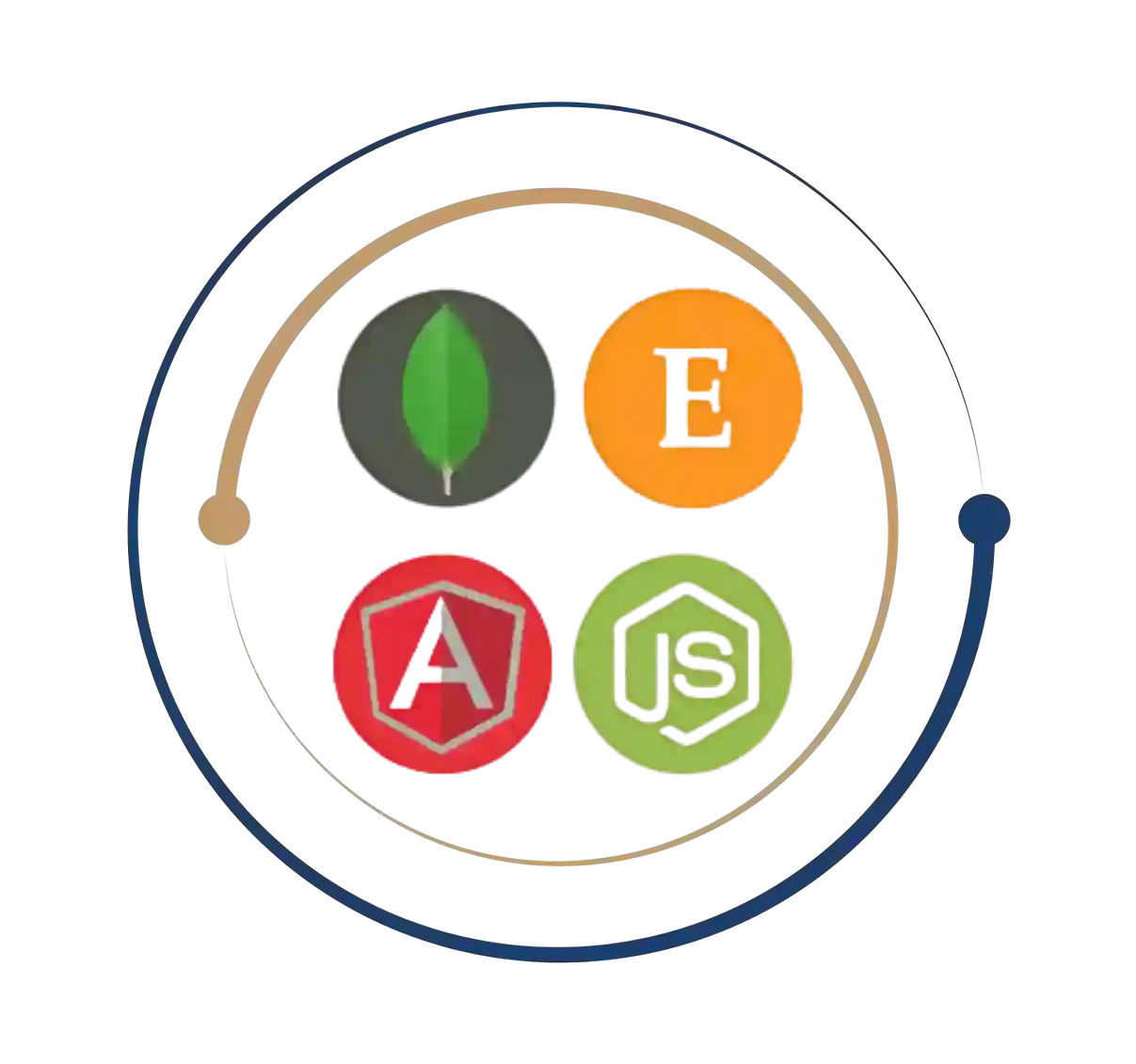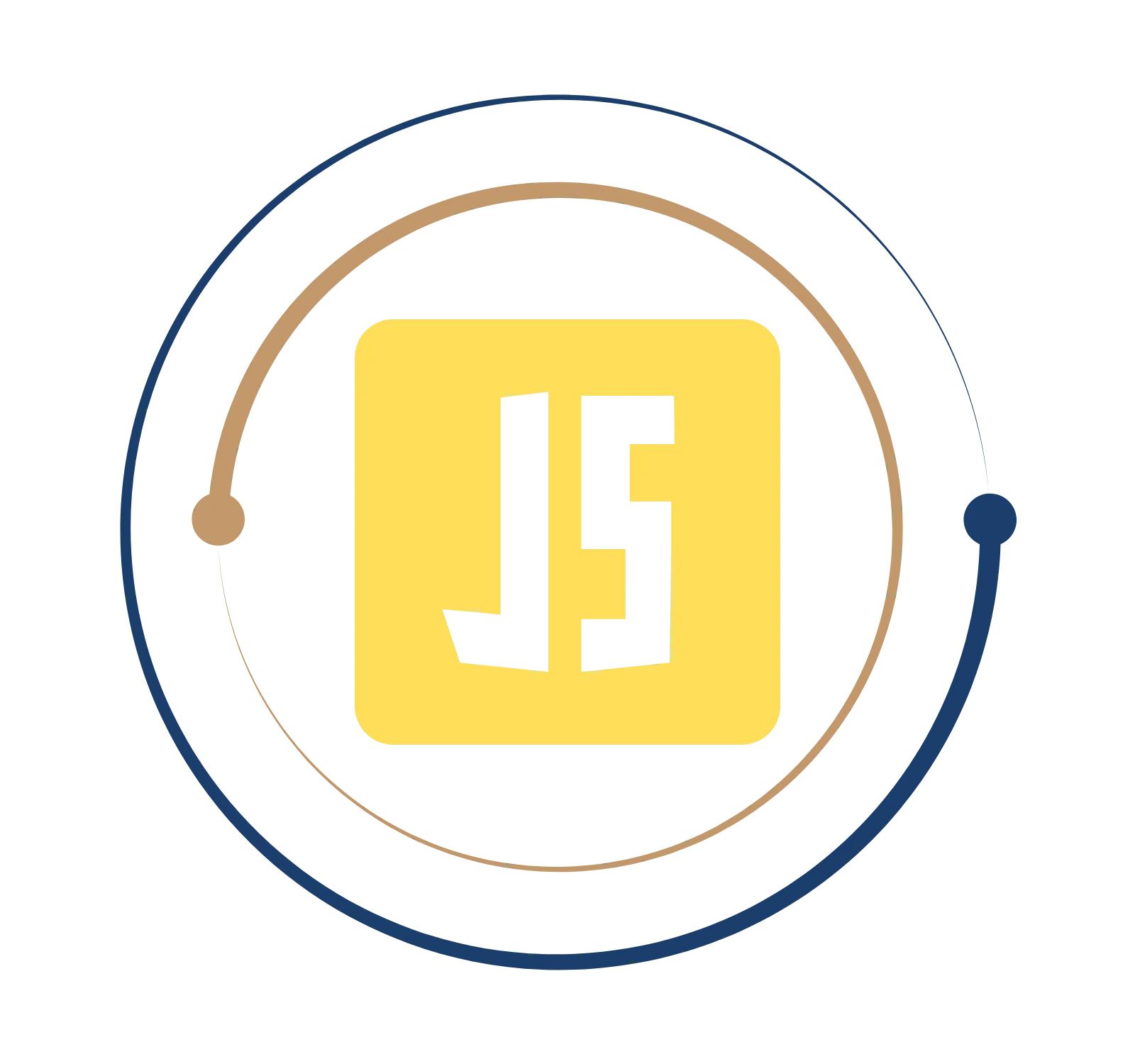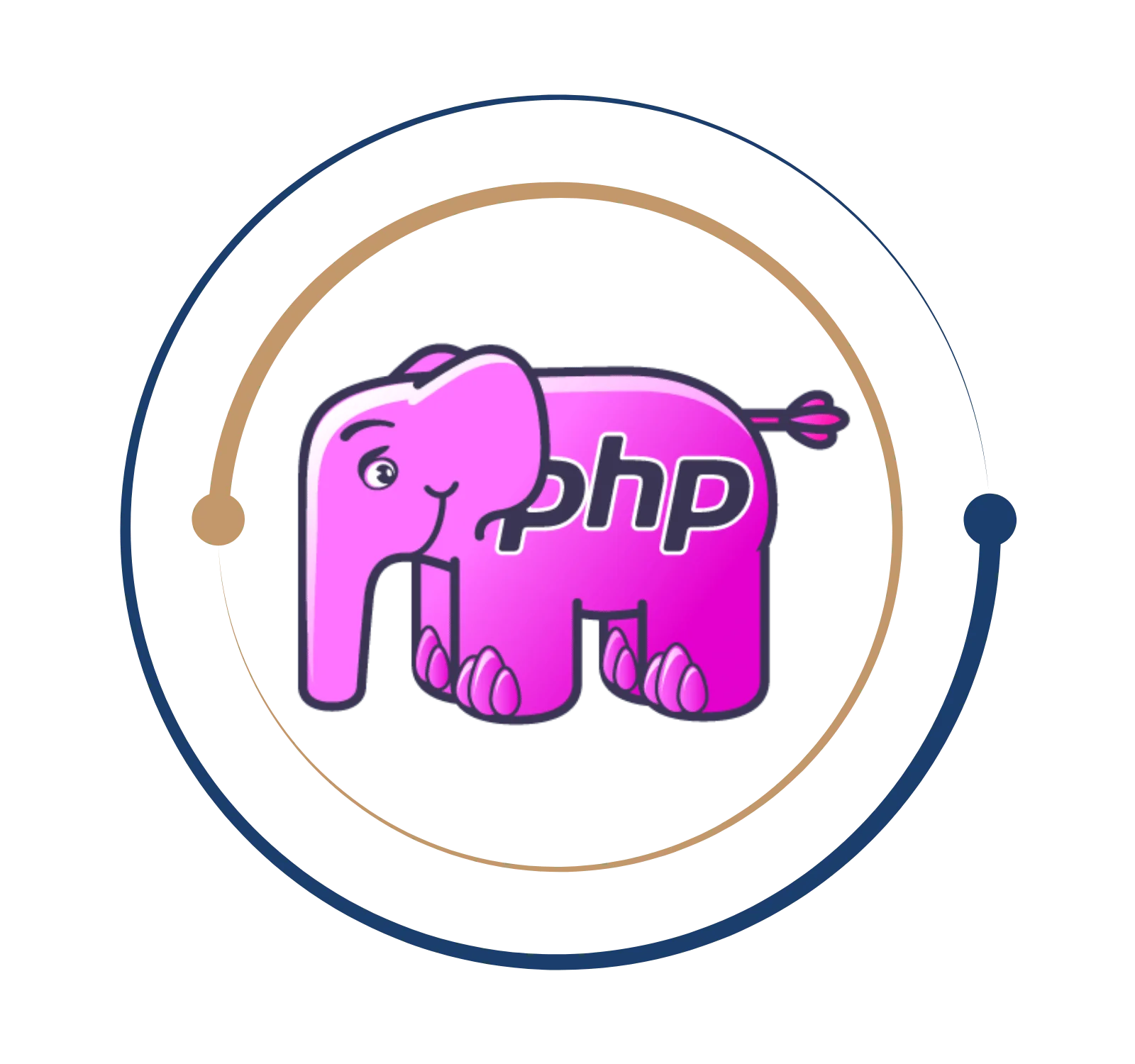Build robust Salesforce applications with hands-on developer training.
Salesforce Developer Training in Chennai
As you think about the future of Salesforce developers, remember that numerous subfields and tasks await you. Salesforce Developer Training in Chennai at BITA engages you to overwhelm the Salesforce Developer and its platform under the mentorship of real-time developers. Our BITA mentors progress your understanding of the most effective way to determine the CRM needs.
A Salesforce developer is a programmer who works on various PaaS (Platform as a Service) platforms to create Salesforce apps. Salesforce is the “No.1 customer relationship management (CRM) platform.” Their product is meant to help businesses in developing by assisting them in better comprehending their clients’ requests using cloud-based Marketing, Sales, and administration applications.
Salesforce Developer Training in Chennai
As you think about the future of Salesforce developers, remember that numerous subfields and tasks await you. Salesforce Developer Training in Chennai at BITA engages you to overwhelm the Salesforce Developer and its platform under the mentorship of real-time developers. Our BITA mentors progress your understanding of the most effective way to determine the CRM needs.
What is a salesforce developer?
A Salesforce developer is a programmer who works on various PaaS (Platform as a Service) platforms to create Salesforce apps. Salesforce is the “No.1 customer relationship management (CRM) platform.” Their product is meant to help businesses in developing by assisting them in better comprehending their clients’ requests using cloud-based Marketing, Sales, and administration applications.
Roles and Responsibilities of a Salesforce Developer
These professions’ everyday tasks are primarily technical, but their work extends beyond programming.
- They must interact with clients to determine business, functional, and technological requirements, as well as participate in Creating their own Salesforce environment by application design, configuration, development, deployment, testing,
- They should find efficient Salesforce products that cater to diverse business demands and then share this information with their sales, customer service, and marketing colleagues.
- These individuals are also in charge of customer documentation testing, QA, and debugging.
- They give effective and scalable solutions in partnership with technical professionals to handle host-related challenges.
- Salesforce integration with various systems
- To create their projects, these developers employ Apex and Visualforce tools and frameworks like Lightning Component.
Salesforce Developer Skills
- Problem-solving: Because a developer is responsible for overseeing all stages of software development, they must have strong problem-solving abilities.
- Communication: You must be able to get your customers and team to comprehend what you’re trying to say.
- Analytical mindset: You must constantly evaluate and comprehend the client’s brief to build software that meets their requirements.
- Solution-oriented: Your main goal should be to find a solution to all of your client’s and team’s challenges.
- Project management: You must manage projects and complete them on time. It includes quality assurance and customer feedback.
Technical Skills
- Web services: A Salesforce Developer must design web services using Apex and other tools.
- End-to-end Salesforce concepts: A Salesforce Developer must be well-versed in all Salesforce concepts.
- SOQL/SQL: Salesforce Developers must be familiar with both Salesforce Object Query Language (SOQL) and Structured Query Language (SQL) (SQL).
- JQuery: Salesforce Developers should be familiar with jQuery to navigate tools like Visualforce and the Salesforce Lightning component more efficiently.
- JavaScript: For Salesforce developers, JavaScript is an essential language.
A Salesforce developer is a programmer who works on various PaaS (Platform as a Service) platforms to create Salesforce apps. Salesforce is the “No.1 customer relationship management (CRM) platform.” Their product is meant to help businesses in developing by assisting them in better comprehending their clients’ requests using cloud-based Marketing, Sales, and administration applications.
These professions’ everyday tasks are primarily technical, but their work extends beyond programming.
- They must interact with clients to determine business, functional, and technological requirements, as well as participate in Creating their own Salesforce environment by application design, configuration, development, deployment, testing,
- They should find efficient Salesforce products that cater to diverse business demands and then share this information with their sales, customer service, and marketing colleagues.
- These individuals are also in charge of customer documentation testing, QA, and debugging.
- They give effective and scalable solutions in partnership with technical professionals to handle host-related challenges.
- Salesforce integration with various systems
- To create their projects, these developers employ Apex and Visualforce tools and frameworks like Lightning Component.
Salesforce Developer Skills
- Problem-solving: Because a developer is responsible for overseeing all stages of software development, they must have strong problem-solving abilities.
- Communication: You must be able to get your customers and team to comprehend what you’re trying to say.
- Analytical mindset: You must constantly evaluate and comprehend the client’s brief to build software that meets their requirements.
- Solution-oriented: Your main goal should be to find a solution to all of your client’s and team’s challenges.
- Project management: You must manage projects and complete them on time. It includes quality assurance and customer feedback.
Technical Skills
- Web services: A Salesforce Developer must design web services using Apex and other tools.
- End-to-end Salesforce concepts: A Salesforce Developer must be well-versed in all Salesforce concepts.
- SOQL/SQL: Salesforce Developers must be familiar with both Salesforce Object Query Language (SOQL) and Structured Query Language (SQL) (SQL).
- JQuery: Salesforce Developers should be familiar with jQuery to navigate tools like Visualforce and the Salesforce Lightning component more efficiently.
- JavaScript: For Salesforce developers, JavaScript is an essential language.
Get Instant Help Here
These certifications are industry-recognized standards, not just qualifications. It genuinely shows your aptitude in your field, with an emphasis on Salesforce. When you don’t have hands-on experience, a confirmed setting can be a natural resource to get recruited. These credentials are also available for both IT and non-IT employees.
- Platform app builder
- Platform Developer 1
- Platform Developer 2
- B2B commerce developer
CRM is not rocket science. But it can make you a competitive Developer. BITA outfits you with all the Certification courses and Salesforce Developer training in Chennai.
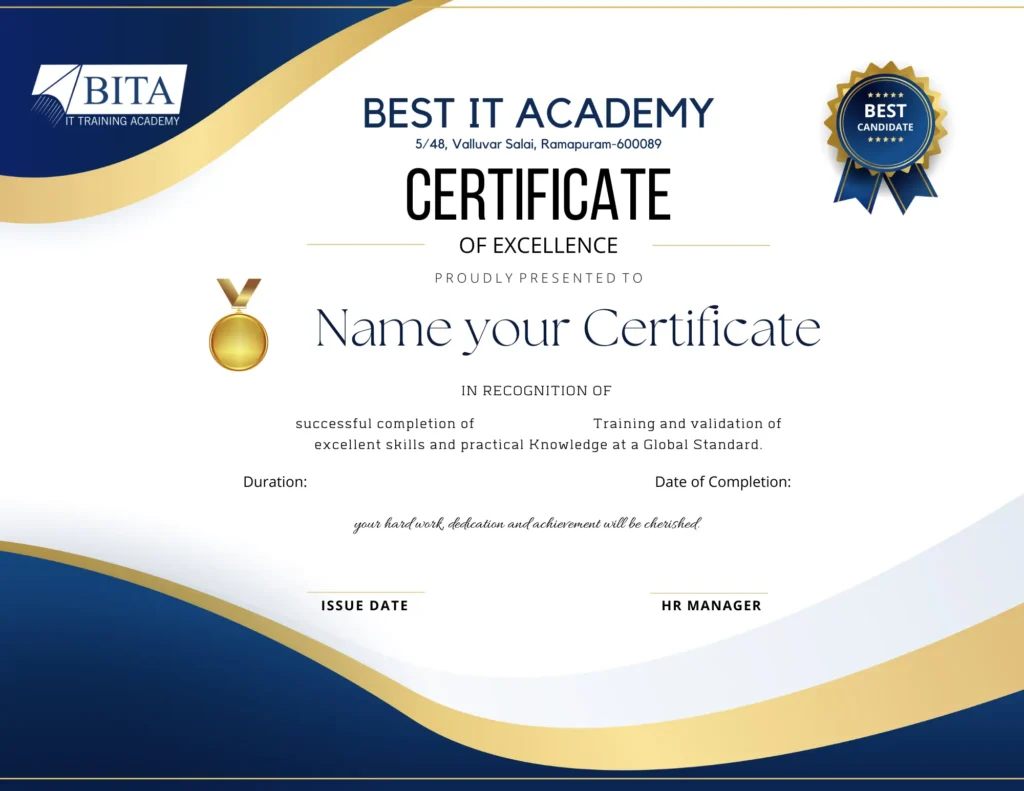
Salesforce has been an important name in Customer Relationship Management (CRM) software for quite some time, and it is predicted to produce more than a million employees by the year 2022. In terms of money, starting a career in Salesforce delivers a significant increase in compensation because it equips you with good Salesforce platform abilities. This is because Salesforce is the most fantastic CRM software in the world. Salesforce is also preferred over alternative CRM software by small and large enterprises due to its extensive and customizable features. Furthermore, Salesforce is used by over 100,000 of the world’s most successful businesses to keep track of their customers. Salesforce is in high demand right now because of this. As a result, you will obtain a better wage package than any other profession. You can start your career in Salesforce by spending 50+ hours of Salesforce Developer Training in Chennai. Sign up!
Job you can land with Salesforce Developer
What you will learn?
- Introduction to Salesforce
- Salesforce Editions
- Home Page Customization User Management
- What is a Visual force Page
- Visual force Markup language
- Where Can Visual force Pages Be Used
- How is Visual force architected
- What are the Benefits of Visual force
- When Should I Use Visual force
- Associating a Standard Controller with a Visual force Page
- Accessing Data with a Standard Controller
- Using Standard Controller Actions
- Validation Rules and Standard Controllers
- Styling Pages that Use Standard Controllers
- Checking for Object Accessibility
- Associating a Standard List Controller with a Visual force Page
- Accessing Data with List Controllers
- Using Standard List Controller Actions
- Pagination with a List Controller
- Using List Views with Standard List Controllers
- Editing Records with List Controllers
- What are Custom Controllers and Controller Extensions
- Custom List Controller
- Controller Methods
- Order of Execution in a Visual force Page
- Testing Custom Controllers and Controller Extensions
- Validation Rules and Custom Controllers
- Using the transient Keyword
- Apex data loader
- Using the data loader
- How to use security token in data loader
- Setting up the data loader
- Import data into salesforce
- Export data into salesforce
- Introducing Force.com Apex Code
- What is Apex
- How Does Apex Work
- What is the Apex Development Process
- When Should I Use Apex
- What are the Limitations of Apex
- What’s New
- Conventions
- Understanding Apex Core Concepts
- Writing Your First Apex Script
- SOQL and SOSL Queries
- Triggers
- Bulk Triggers
- Trigger Syntax
- Trigger Context Variables
- Defining Triggers
- Triggers and Merge Statements
- Triggers and Recovered Records
- Triggers and Order of Execution
- Operations That Do Not Invoke Triggers
- Fields that Cannot Be Updated by Triggers
- Understanding Testing in Apex
- Why Test Apex
- What to Test in Apex
- Unit Testing Apex
- Using the runAs Method
- Using Limits, startTest, and stopTest
- Adding SOSL Queries to Unit Tests
- Running Unit Test
- Understanding Apex Describe Information
- Dynamic SOQL
- Dynamic SOSL
- Dynamic DML
- Using Batch Apex
- Understanding Apex Managed Sharing
- Understanding Sharing
- Recalculating Apex Managed Sharing
Weekdays
Mon-Fri
Online/Offline
1 hour
Hands-on Training
Suitable for Fresh Jobseekers
/ Non IT to IT transition
Weekends
Sat – Sun
Online/Offline
1.30 – 2 hours
Hands-on Training
Suitable for IT Professionals
Batch details
Week days
Mon-Fri
Online/Offline
1 hour
Hands-on Training
/ Non IT to IT transition
Sat – Sun
Online/Offline
1:30 – 2 hours
Hands-on Training
Why should you select us?
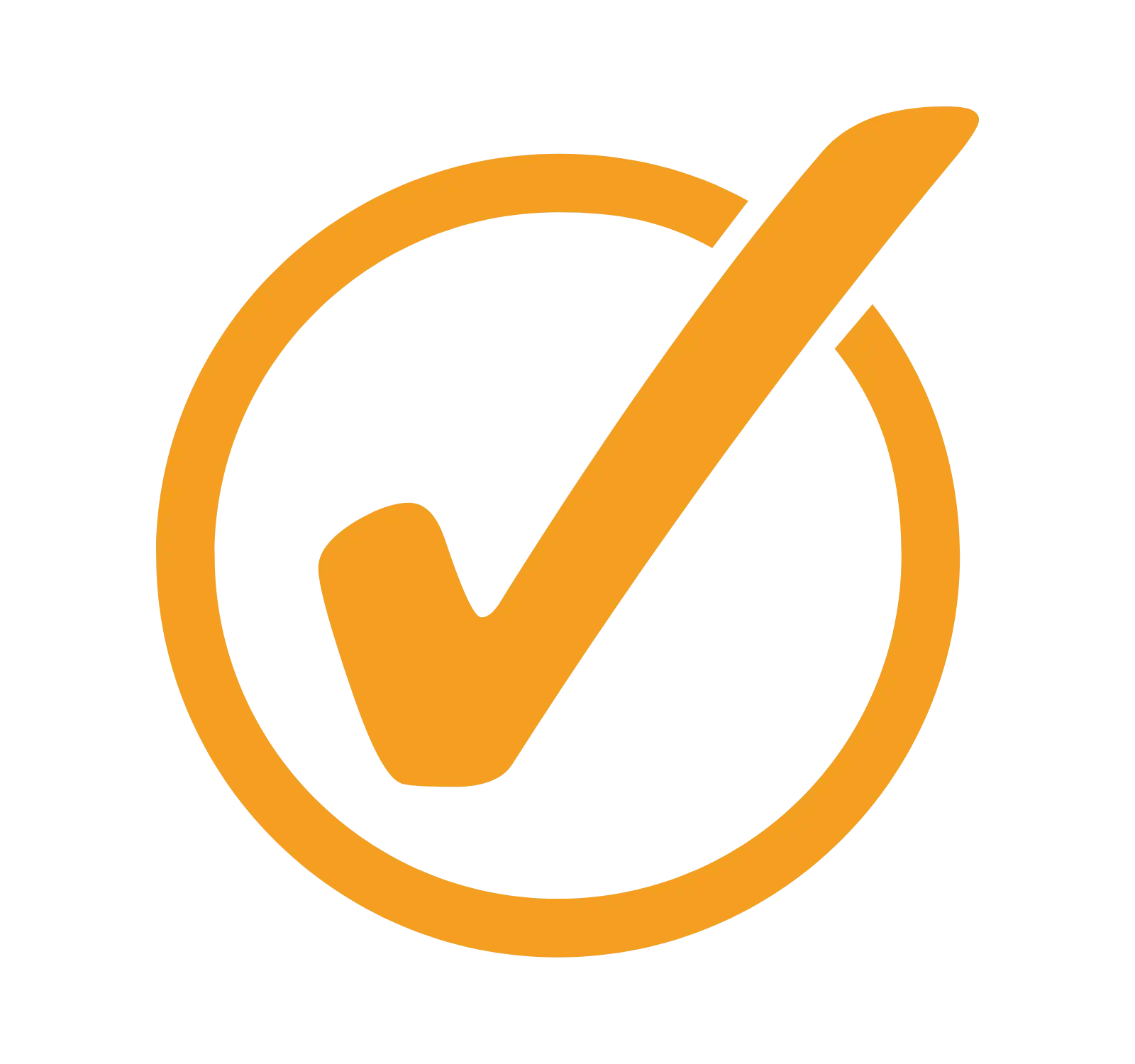





Why should you select Us?










